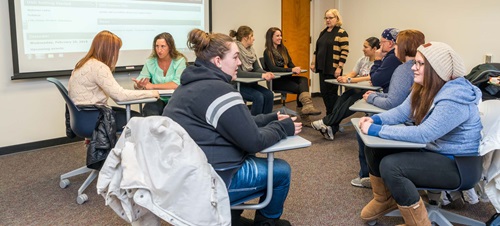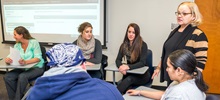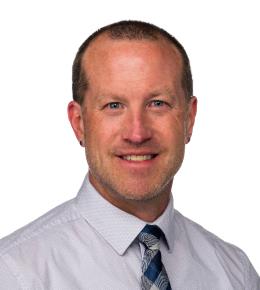hear from a usd alum

Professors don’t just teach from textbooks, but from their past field experiences. Learning from realistic situations taught me what to expect from a source who’s actually been there. It’s easy to tell they care about addiction’s evolution in the country. The way they adapt course content to match today’s issues will make me a more successful addiction professional.
Kelsey Barrett M.A., CRADC












